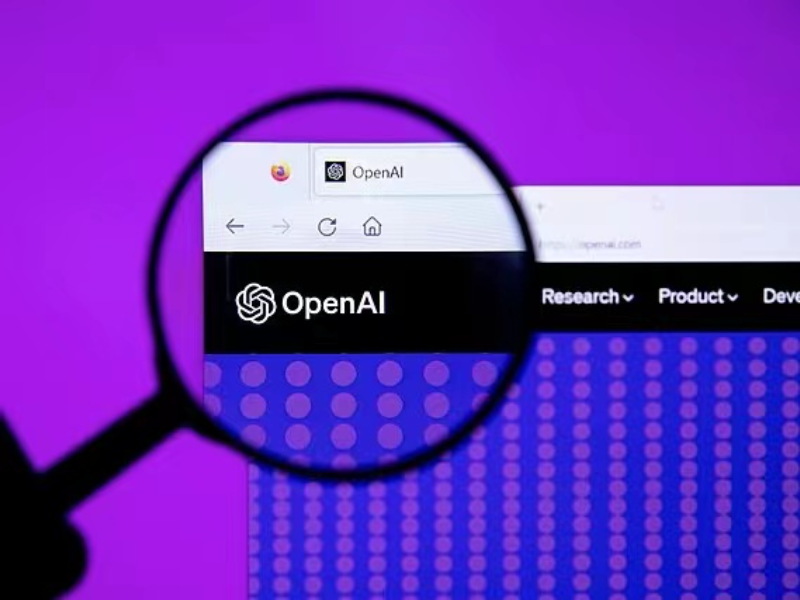- OpenAI is under scrutiny after whistleblowers filed a complaint with the US Securities and Exchange Commission (SEC) over the company’s allegedly restrictive non-disclosure agreements (NDAs).
- OpenAI remains silent to the issue, leading to growing concerns over the safety and ethical implications of OpenAI, or even the AI sector.
OUR TAKE
OpenAI did not immediately respond to requests for comments on the letter. Its alleged silence betrays a disturbing hypocrisy that could undermine the public‘s reliance on an industry that should be built on trust and ethics. The SEC must act decisively. If AI is the future, it must keep transparency and open to public scrutiny.
–Ashley Wang, BTW reporter
What happened
OpenAI is facing scrutiny after whistleblowers filed a complaint with the US Securities and Exchange Commission (SEC) over the company’s allegedly restrictive non-disclosure agreements (NDAs). The whistleblowers are calling for an investigation into OpenAI’s past and current NDAs, claiming that these agreements force employees to waive their federal rights to whistleblower compensation, according to a letter seen by Reuters.
The letter, provided by the office of Senator Chuck Grassley, urges the SEC Commissioners to immediately approve an investigation into OpenAI’s NDAs and review the company’s current compliance efforts. The whistleblowers allege that OpenAI’s employment, severance, and non-disclosure agreements were overly restrictive, potentially penalising employees who raised concerns about the company to federal authorities. They also requested the SEC to fine OpenAI for each improper agreement.
The whistleblowers revealed that OpenAI required employees to obtain prior consent from the company before disclosing information to federal regulators. Furthermore, the company allegedly failed to create exemptions in its non-disparagement clauses for reporting securities violations to the SEC. The letter also asked the SEC to mandate OpenAI to produce all contracts containing NDAs, including employment, severance, and investor agreements, for inspection.
Also read: Decentralised AI: Tether CEO urges security overhaul
Also read: From Wall Street to the classroom: AI’s impact on key sectors
Why it’s Important
This complaint comes amid growing concerns over the safety and ethical implications of OpenAI’s generative AI models, which are capable of engaging in human-like conversations and creating images based on text prompts. In response to these concerns, OpenAI established a Safety and Security Committee in May, led by board members including CEO Sam Altman, to oversee the training of its next AI model.
Senator Grassley commented on the issue, emphasising the significant impact of AI on technology and the importance of protecting whistleblowers’ rights. He noted that OpenAI’s policies might suppress employees’ right to speak up and receive due compensation for their disclosures.
This investigation highlights the tension between protecting corporate interests and ensuring employees’ rights to report unethical practices. If the SEC finds OpenAI’s NDAs in violation of federal laws, it could lead to substantial fines and prompt a reevaluation of how tech companies draft their confidentiality agreements, indicating the critical balance between innovation and ethical practices in the rapidly evolving AI sector.

